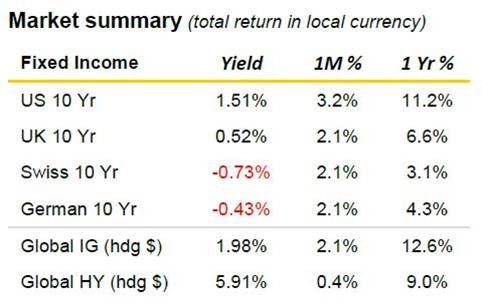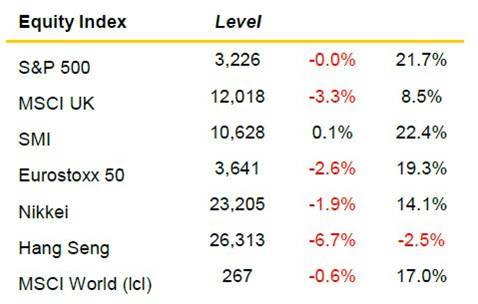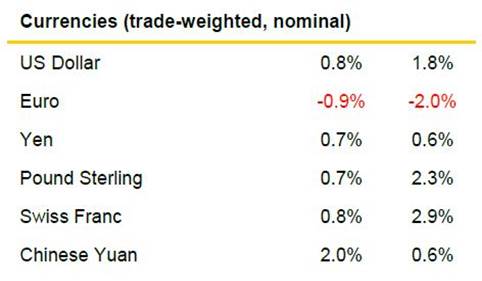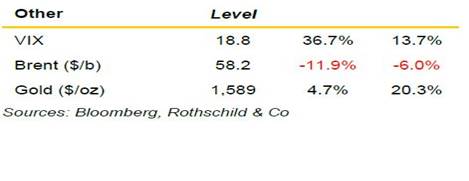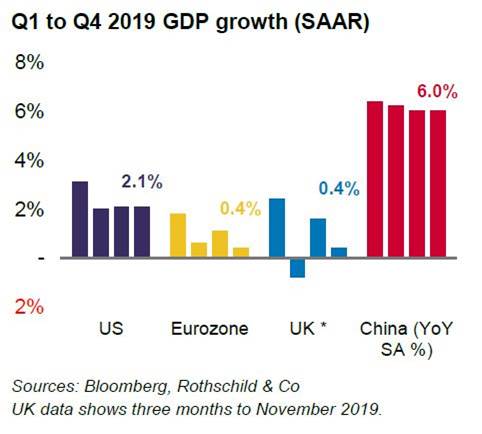Wealth Management – Monthly Market Summary
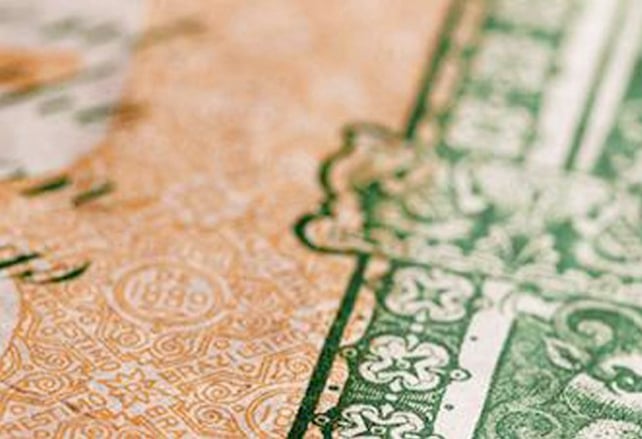
Victor Balfour and Charlie Hines, Wealth Management
Summary: China's health scare erases market gains
Despite an improving economic backdrop, January proved a difficult month with global equities (-0.6% in local currency) ending the month down, whilst government bonds rallied (+2.0% hedged in USD).
- In January:
- Wuhan virus (2019-nCov) outbreak in China causes risk-off sentiment
- Central banks on hold as data suggests slowdown bottoming out
- Respectable fourth quarter earnings as US and Europe defy expectations
Stocks hit new highs during the month, supported by easing geopolitical tensions and better-than-expected Q4 corporate earnings before news of the Wuhan virus outbreak dampened risk appetite and prompted a flight to safety (gold, USD, JPY and CHF). Meanwhile, oil fell 16% in the month - despite a brief spike following revived US-Iranian tensions - and suffered its worst January performance in three decades.
US: Growth rebounds, phase-one deal complete, Fed on hold
The US economy grew by +2.1% in Q4 2019 (SAAR), supported by strong government spending; US housing starts reached a 13-year high, whilst the unemployment rate held steady at 3.5%, remaining at 50-year lows. Respectable corporate earnings were buoyed by the 'big five' tech stocks, which now collectively account for 17.5% of the S&P 500. Unsurprisingly, the Fed left rates unchanged and suggested that it may conclude its asset purchase programme in Q2. Meanwhile, US-China trade talks concluded with the signing of a 'phase one' deal. Following a month of impeachment proceedings, Trump is expected to be acquitted as Senators voted against admitting new evidence and calling witnesses.
Europe: Improving economic outlook, BoE and ECB on hold
Though Eurozone growth slowed to 0.1% in Q4, the economic backdrop appears to be stabilising: the unemployment rate fell to 7.4%, a new decade low, and a survey of economic sentiment beat expectations, driven largely by improved confidence in industry and construction. Meanwhile, core inflation retreated to 1.1% in January (from 1.3%). The ECB left rates unchanged and signalled that its asset purchase programme will continue indefinitely, while also launching a year-long strategic review of the Bank's policy framework. The BoE opted against a rate cut but downgraded its growth forecasts to +0.8% in 2020 (from 1.3%). The European Parliament ratified the Brexit Withdrawal Agreement, concluding UK's exit from the EU. Meanwhile, Italian government bond yields fell to three-month lows as election risk subsided.
RoW: China's soft landing, Wuhan virus, Putin reforms
China's economy expanded at its slowest pace in three decades in 2019 (+6.1%), but the latest activity data pointed to a stabilisation in industrial production and consumer spending. Looking ahead however, seasonal weakness is likely to be more pronounced as the Wuhan virus, now a global public health emergency, is set to extend the annual Lunar New Year holiday. India recently unveiled its 2020 budget, aimed at cutting taxes and increased spending to resuscitate growth which has fallen to a 10-year low. Meanwhile, Putin's proposal of constitutional reforms which resulted in the resignation of the current prime minister, Dmitry Medvedev, seeks to transfer power from the presidency to parliament.
Sources: Bloomberg, Rothschild & Co
In this Monthly Market Summary:
- Summary (current page)
- Important information
Download the full Monthly Market Summary (PDF 358 KB)
Download the full Commentaire Mensuel (PDF 404 KB)
